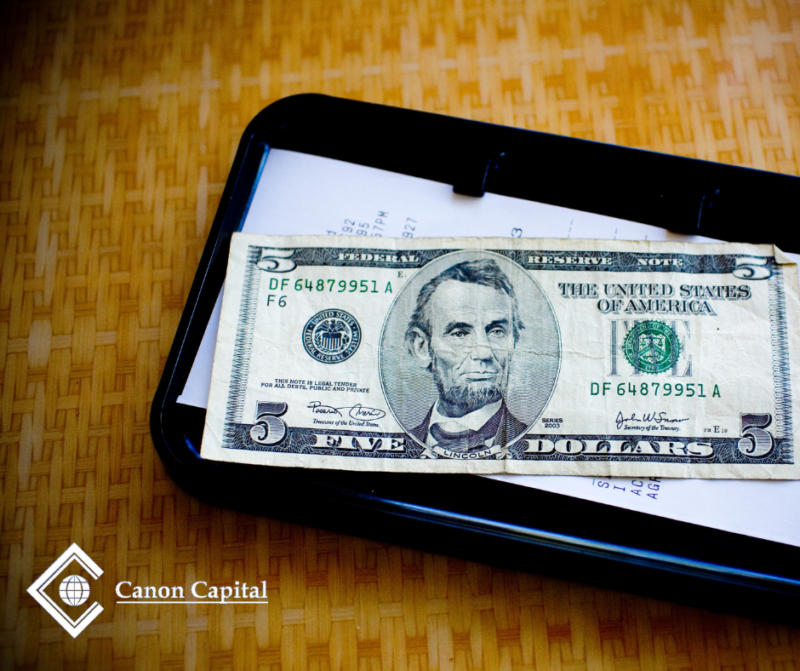Change is on the way in the Commonwealth of Pennsylvania for employees who receive part of their compensation in tips. Starting August 5, 2022, a new set of rules will bring changes to minimum wage, tips subject to credit card deductions, tip pooling, and compensation related to service charges.
To start, the rules define a “tipped employee” as a person “who works in an occupation that ‘customarily and regularly’ receives tips” such as hospitality, catering, restaurant, bartending, and salon employees.
What do these rule changes mean for the tipped employee, their employer, and the employer’s patrons?
Minimum Wage
Under these new rules, Pennsylvania employers are required to ensure that the base hourly wage plus tips equals at least $7.25 per hour, since $7.25 is the current minimum wage in the Commonwealth.
If a tip-credited employee earns less than $7.25 per hour, including their base hourly wage plus tips, the employer must make up the difference as required by the Pennsylvania Minimum Wage Act so that their hourly earnings (base hourly wage plus tips) equal at least $7.25 per hour. Up until these new rules, the base hourly wage for tipped workers was always $2.83.
The new regulation states that employers can only take a tip credit for employees that make $135 per month in tips (Under federal law and previous Pennsylvania law, that rate was $30 a month.). Because $135 is a higher standard than the federal threshold, the Pennsylvania requirement applies.
If an employee does not meet the definition of a “tipped worker” and does not receive $135 per month in tips, the worker does not qualify for the reduced $2.83/hour minimum wage.
80/20 Rule
The long-followed standard of the 80/20 rule is now a regulation in Pennsylvania and as such better aligns with federal regulation on tipped worker duties.
This regulation permits employees to be a “tipped employee” if that employee does not spend more than 20% of the 7-day previously established workweek performing duties that do not directly generate tips.
Tip Pooling
Employers are not required to use tip pooling but they are permitted to do so, as long as they make sure that all tipped workers are aware that the system is in use. Both tipped workers and non-tipped workers can be included except for:
- Individuals with ownership or partnership interest in the business.
- Employees who meet any part of the executive employee duties test in federal code 29 C.F.R. Part 541.100(2)-(4).
- If an employer takes a tip credit, it must exclude any employee who does not spend at least 80% of their daily work performing duties that customarily or regularly generate tips.
- If an employer pays everyone in the tip pool the minimum wage, it may include employees who do not spend at least 80% of their daily work performing duties that customarily or regularly general tips.
Credit Card Deductions
Patrons may not realize this, but credit card tip deductions are common in the hospitality industry. That is until now. Under these new rules, if a customer adds the tip to their check and pays for the entire amount with a credit card the employer may no longer deduct the credit card transaction fee from the tip.
Service Charges are Now Regulated
There are times when a hospitality business will add a “service charge” to a bill. These service charges are not tips, they are sometimes used for administrative purposes and in some cases do not even go to the employees.
Pennsylvania’s new rules require that an employer charging a service fee for administration of a banquet, special function, or package deal must notify the patrons of the charge:
- Stating this policy in the event contract or on the menu used by the patron.
- The statement must advise that the service charge is for administration and does not include a tip to be distributed to the employee(s).
- The final bill provided to the patron must contain a separate line item for tips.
- The employer is permitted to distribute service charges to their workers but not in the form of a tip.
If you have questions about how this will affect your hospitality business, we’re happy to help. Call us at 215-723-4881 or contact us online.

